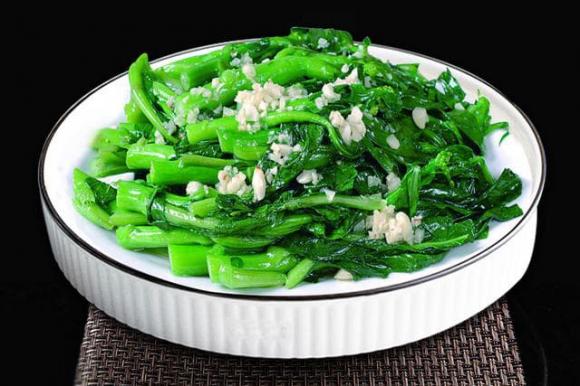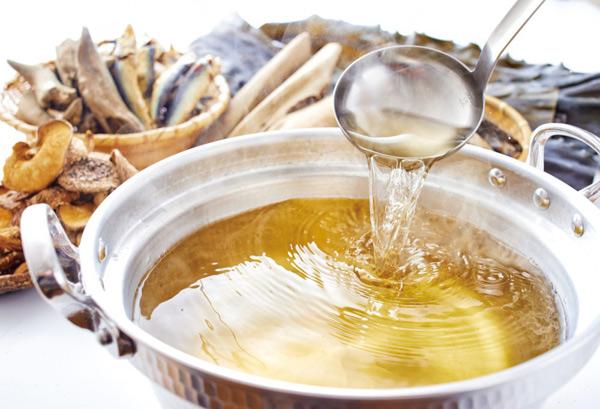Stir-fried Vegetables, Soups, and Boiled Veggies: The Dangers of Storing Leftovers
Vegetables are an essential part of our daily diet, offering a plethora of vitamins and minerals. However, health experts warn that cooked vegetables stored in the fridge for extended periods can pose health risks. This is especially true for cooked veggies left overnight in the refrigerator.
The high nitrite content in green vegetables is the main concern. When cooked vegetables are stored in the fridge overnight, nitrates can convert into nitrites, a highly toxic substance and a known carcinogen. Once nitrites enter the stomach, they can transform into N-nitroso compounds, which have been linked to stomach and esophageal cancer.
Consuming leftover stir-fried or boiled vegetables that have been stored overnight also increases the risk of stomach aches, food poisoning, and digestive issues.

Bone Broth: The Health Risks of Long-term Storage
Bone broth is a nutritious favorite for many, often used as a base for soups or to cook noodles. However, storing bone broth in the fridge for extended periods can be detrimental to your health. Prolonged storage of liquid foods like bone broth increases nitrite levels, which may contribute to cancer risks.
Additionally, storing bone broth in aluminum or stainless steel pots can result in toxic metal contamination, further increasing the risk of food poisoning. Prolonged storage also affects the taste and can harm your digestive system.

Seafood: A Delicacy Turned Dangerous Overnight
Seafood, a beloved source of calcium and essential nutrients, can become a health hazard if consumed as leftovers, even when refrigerated. Seafood is rich in protein, and when kept for extended periods, these proteins break down and produce harmful substances that can damage the liver and kidneys.
Improper handling and storage of seafood also create an ideal environment for bacterial growth, leading to food poisoning. While refrigeration slows down the deterioration process, it cannot prevent the long-term decomposition and spoilage of seafood.
Expert Advice
Additionally, refrain from storing bone broth in metal pots, and always follow specific storage guidelines for different foods to maintain freshness and protect your family’s well-being.
5 Vegetables Rich in Nutrients but Prone to Kidney Stones and Kidney Failure if Overconsumed
A healthy diet requires a good serving of vegetables. However, it is a common misconception that consuming large quantities of vegetables is always beneficial. It is, in fact, the sensible and informed use of vegetables that brings about positive health outcomes. Some vegetables, if consumed in excess, can lead to kidney stones and other adverse health effects.



































